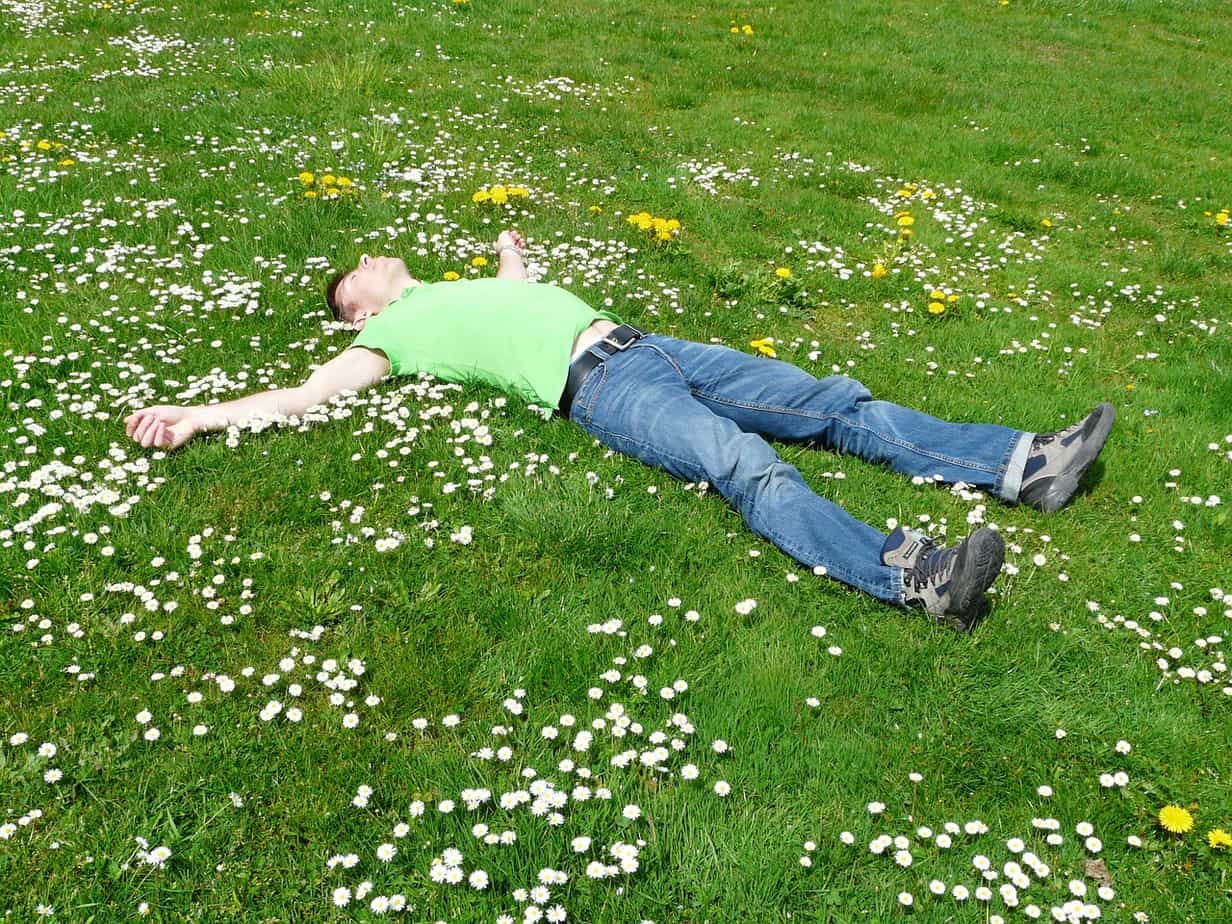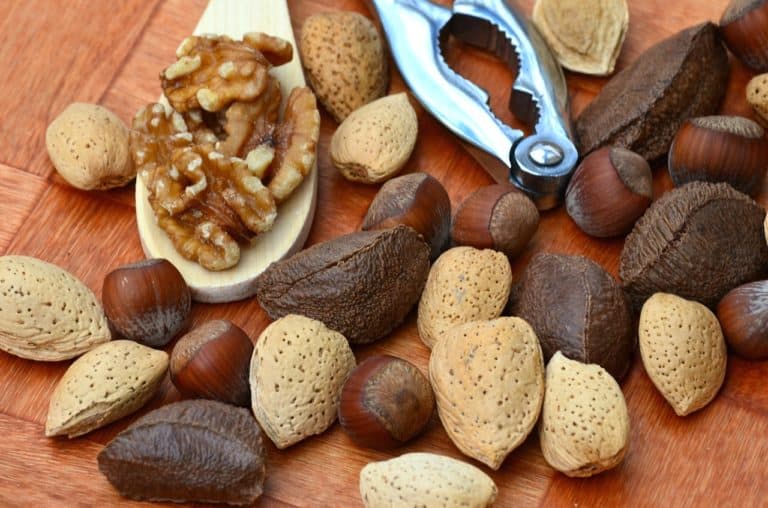Some experts say that sleeping flat may kill you slowly. This is not a new finding; research, including studies conducted by NASA, has demonstrated for years that sleeping flat is detrimental to our health. What is bad about sleeping flat and what is the best sleeping position? Should you change how you sleep based on what some experts say? Are you willing to try a different way of sleeping?
How blood flows through the body
The way fluids move through the human body is similar to how they move through trees. The heart pumps blood (which contains salts) to the lungs, where we exhale and release moisture into the air, leaving behind a denser fluid. This denser fluid descends to the kidneys, where it is filtered to have solutes removed. This process makes the fluid lighter, and it then rises back to the heart where the cycle repeats itself. This natural, rollercoaster-like action, referred to as “molecular drag,” reduces stress on the heart, helps lower blood pressure, and relieves fluid buildup associated with varicose veins, congestive heart failure, and other similar conditions.
Sleeping flat is not healthy
Basically, what happens when we sleep flat is that we prevent molecular drag from occurring, and therefore we place undue stress on the heart and compromise our health. When the head and heart are on the same horizontal plane, the impact of gravity on brain circulation is eliminated. At the same time, the heart continues to pump powerfully into the head, and without the resistance of gravity the intracranial pressure rises. The blood that leaves the brain and travels to the heart is not getting the assistance it normally does from gravity, so there is a build-up of blood in the brain.
The alternative to sleeping flat is inclining your bed. The recommendation is for a 5 degree tilt of the bed, or about 6 inches. It is suggested you begin with a 4 inch tilt and try that for a while to see how you respond.
An even more dramatic incline may be beneficial for some individuals. It’s been noted that sleeping flat for an extended period of time can cause congestion and pressure in the brain, which in turn can lead to malfunction in certain areas. For some, that area may be involved with respiration and be associated with sleep apnea; for others is may increase brain pressure and contribute to stroke.
Glaucoma is another health issue that is associated with pressure. Eye pressure rises when the head is down and decreases when the head is up. Since eye pressure is highest in early morning, sleeping with an inclined bed and not in the best sleeping position could be a way to prevent and treat glaucoma.
Other possible benefits from sleeping on an inclined bed include increased alertness, less likely to wake up during the night, reduced muscle soreness and back pain, improvement in acid reflux, fewer (or even elimination of) headache and migraine, and a boost in metabolism. According to Andrew K. Fletcher, the British mechanical engineer who conducted extensive research on fluid transport in plants and molecular drag, you should increase your water intake if you incline your bed, because elevation decreases fluid retention and increases urination. This means your kidneys will filter out more toxins during the night.
Should you stop sleeping flat and try inclining your bed? That’s a decision only you can make. You may want to discuss it with your healthcare provider, especially if you have any health conditions. A “heads up” approach may improve your health!
References
Mercola J. The surprising benefits of inclined bed therapy. Mercola.com. 2018 Feb 15. What is the Best Sleeping Position?
Singer SR. Heads up! The way you are sleeping may be killing you. 2011 May 26. The Hawaii Reporter.







